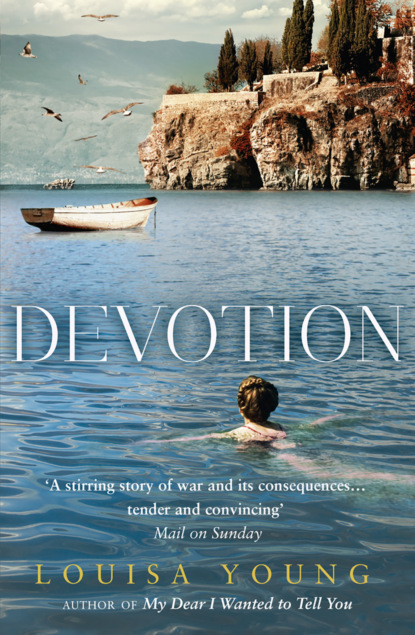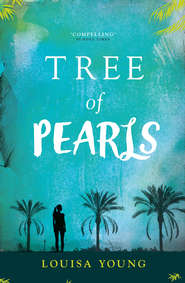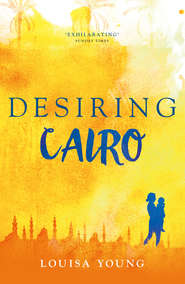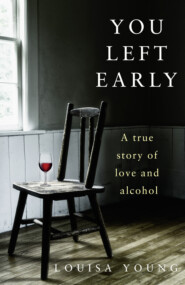По всем вопросам обращайтесь на: info@litportal.ru
(©) 2003-2024.
✖
Devotion
Настройки чтения
Размер шрифта
Высота строк
Поля
Snap back man
no
Riley!
Fuck off
He snapped back. God, he must have almost fainted.
Fainted! How very manly.
‘Would you like a glass of water?’ Gillies asked. Gillies knew. He has seen so many of us, he knows about us …
Riley would like a glass of water. He took out the etched brass straw that went everywhere with him, and twirled it, and when the girl in white appeared with the glass he put the straw into it and sucked, slowly, carefully. He wasn’t going to lose dignity in front of Gillies. Anyway, he was perfectly good at this by now.
‘As we know,’ Gillies was saying, ‘the type of splint you’ve been using doesn’t last forever.’
Do we know that? Riley thought. I must have missed that part. I don’t think I did know that.
‘To be straight, you’ve been pretty lucky to get away with it for so long …’
Have I?
‘… But you’ve looked after it well, in general …’
But?
He just looked at Gillies.
‘However, you’ve managed to crack it – look.’
Gillies picked the splint up. ‘See that?’ An almost invisible fracture ran across the bottom. Riley squinted at it. ‘That’s what’s been causing the pain,’ Gillies went on. ‘The edge has been rubbing and I’m afraid there’s some ulceration …’
Riley nodded wisely, peering.
‘If you’d come in earlier …’
Riley glanced up. I came, didn’t I?
Gillies grinned at him. ‘The splint is old and broken, there’s ulceration and a liability to infection. This old splint’s not going back in, that’s for sure. Your jaw has changed shape somewhat since you were twenty-two. Riley, this is the perfect opportunity for the osteochondral graft I should have given you in 1919.’
I’m not going back into any of that. Nope.
‘I know it’s not what you want to hear.’ He gazed at Riley kindly.
But I’m already back. Sitting with Major Gillies, being told about things to be done to me, with no choice about it.
Hang on – no, that’s nonsense.
This is my life. I don’t belong to the army like I did then. I am not that boy, so very out of his depth, traumatised as the head doctors say, shellshocked – was I? God, I don’t know – anyway, I’m not him, and I’m not there, and I’m not then. I’m a grown man, thirty years old. With a wife. And children. And ageing parents, and two sisters (one unmarried, the other married to a spiv – secure? I shouldn’t think so), and a father-in-law who’s beginning, to be frank, to go a bit gaga. And with a company to run, and employees.
Yes, you’re really going to kill yourself, aren’t you Riley?
‘Riley?’
I can’t go through all that again. I could hardly do it when I was out of my mind on war; how can I do it now that I am sane and happy and normal?
‘We’re much better at it now. It will be much simpler. We can take the piece of rib, your own rib, give you an Esser inlay, which would allow a solid rank of dentures … Riley?’
Riley looked up.
‘Hear me out,’ said Gillies. There was no trace of New Zealand left in his accent at all, Riley noticed. He was balder, as well, though hair was never his strong point. Things change. Howhas my jaw changed? Regressed, disintegrated, deteriorated, fallen apart, rotted? He thought about Jarvis, with the little horsehair stitch at the bridge of his new nose, to keep it narrow. Well Christ, of course horsehair would deteriorate over fifteen years … But that’s all right, you don’t need stitches once things are healed up. I’ve been healed up for years! Me and my – he stared at the pink thing on the desk, his companion, his sine qua non, part of him but not. Vulcanite? It’s a kind of rubber … He thought about bicycle tyres and the soles of shoes, ten years old. He wanted to move his jaw gently, very gently, side to side, but without the splint in the flesh it just hung there, empty. Nobody saw him without it. He was not a vain man. Quite the opposite. He didn’t like attention.
‘The skin is good,’ Gillies was saying. ‘It can take another bout of surgery. There’d be no flap this time, no pedicles. Our techniques are vastly better than they were. Pain relief, anaesthesia, antisepsis, all transformed. You won’t be my guinea pig …’
There was a pause.
I wouldn’t have had any life at all, were it not for this man.
Riley remembered the boy – what was his name? – who had injected his leg with paraffin wax, to get those ulcers, to get sent home, and ended up with some carcinoma. You seek to save, and in the seeking it turns out you destroy.
Riley leaned forward, picked up the splint, opened his mouth and started the procedure: let your jaw hang, relaxed. Left side in first, then crook your finger into the right-hand corner of your mouth to pull it wide to let the right side in, don’t choke, mind the ulcerated bit, find the peg on the stub of the left ramus, position, and on the right ditto, position, pulling the mouth opening from side to side as required to make room. Then both forefingers in at once, to the back, to knock it down into place. Bite down. Find some saliva, to ease the discomfort. Not so much you dribble.
‘No,’ he said, now his mouth was back to normal, and could speak.
‘Riley—’
‘By all means treat the ulcer,’ Riley said. ‘And I would appreciate a new splint. But no. No. No.’ He smiled politely. ‘No,’ he said. ‘No thank you.’
As he left, heading down to Oxford Street to get the bus, Riley had in his mind a phrase that he had spotted once in somebody else’s notes at Sidcup: ‘Refusal not considered reasonable.’ He knew Gillies hated that he wouldn’t let him finish the job. But it’s my head. It’s not unreasonable to not want your head dismantled again.
He was not going to tell Nadine about this. Certainly they told each other everything, but that didn’t mean telling each other every stage of everything, when it might make the other unhappy, unnecessarily.
So you’re worrying about upsetting her and thinking about killing yourself, simultaneously? He laughed at that. Good old self-mockery.
It felt very strange. Such similar emotions to those of ten years ago. But so different now.
He settled into a corner seat, and gazed out at the limp, thick green leaves in Hyde Park, great pompoms of trees with the parkland beneath them wide and golden like a savannah.
‘So that was all a grand success?’ Riley asked, when they came home, sunburnt, lugging bags of polenta.
‘Did you miss us?’ cried Kitty, embracing his middle.
‘Hello darling,’ said Nadine, shining at him, removing Kitty, and hugging him, her arms inside his jacket, as if they were still nineteen. Tom grinned at him from across the room.
‘Rose is coming to dinner,’ Riley said. ‘I knew you wouldn’t mind.’
Within days, it was as if they had never been away. Only of course it wasn’t.











